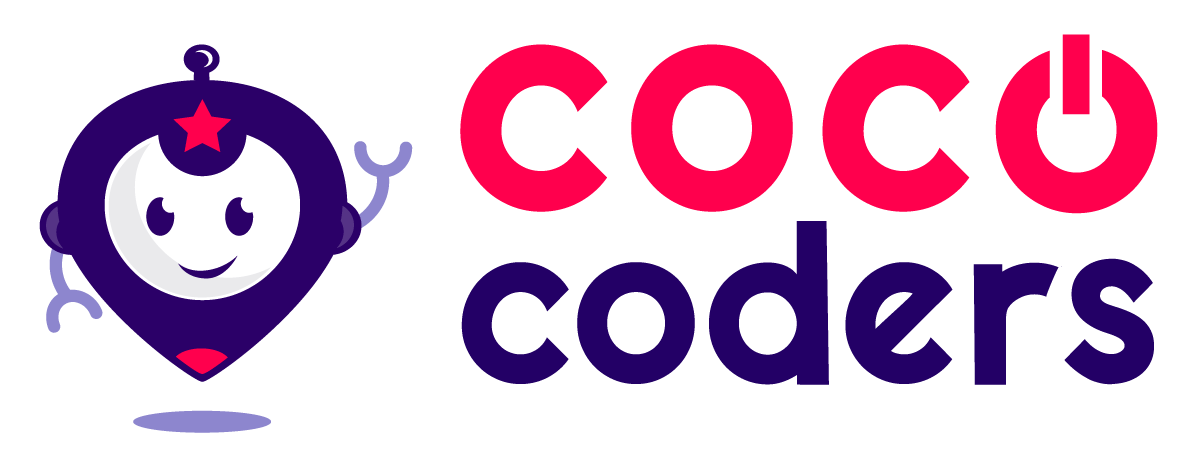Artificial Intelligence (AI) - A Parent’s Guide to ChatGPT
The advancement of technology has made life easier for our kids in many ways, and AI (Artificial Intelligence) is no exception.
AI can (and already does in many apps and devices we use today) assist in a variety of tasks for both personal and academic use.
Widely available in everyday life, AI comes in different forms and we’re all using it in some way. It’s all around us! Hands up who has a smart speaker in their home? Lots of us! In 2020, Amazon determined that 25% of US households have at least one Alexa device! Who would have thought in the 70’s, 80’s, 90’s and even 00’s that we’d be able to ask a small device in the corner of the room ‘What’s the population of Australia’ and get an answer!
When you ask Alexa, or Google Voice Assistant a question, you’ll get a response based on the result of machine-learning algorithms and designers are constantly enabling them to understand requests more clearly, enabling us to control our lights, heating, entertainment and more.
Every time you open your phone with Face ID or click on a personalised advert online, you’re engaging with and receiving information from AI.
More recently, another form of AI has been in the news that you may, may not have heard of…ChatGPT
What is ChatGPT?
ChatGPT is an artificial intelligence chatbot released in November 2022 and chances are that if you’ve not yet heard of it, your kids have.
The “Chat” in the name is a reference to it being a chatbot (conversational tools that perform routine tasks efficiently). The GPT stands for ‘generative pre-trained transformer’.
How is ChatGPT being used by kids and what do I need to know?
ChatGPT is an incredibly powerful technology which has evolved further since its release. Since an update in 2023, it’s capable of writing essays, poems, emails and now even a whole book, capable of writing around 50 pages of text!
ChatGPT can “get instant answers, find creative inspiration and learn something new” drawing on a variety of sources on the internet such as website, books and other documents. In real terms, kids typing in an instruction such as a question, calculation or essay will have their problem solved within minutes, or homework written for them in an instant.
Hosted online, there’s no minimum age restriction for using ChatGPT but it does require you to sign in with an email address.
So you might now be wondering…
Is my child using ChatGPT for their homework?
This is a very hot topic right now as you can imagine, with many teachers also wondering whether what they are marking is real or pulled together by AI.
AI can save time, reduce stress and improve the accuracy of homework, but by relying too much on AI to do homework, students may miss out on the opportunity to learn and understand the material themselves. It’s also not infallible - the programs can sometimes misunderstand what is being asked or provide misinformation if the question is being asked in a non-specific or unclear way. There is a risk of errors or inaccuracies in the work produced by AI-powered tools which could negatively affect a student’s grade if used in homework.
The obvious negative to using AI tools such as ChatGPT to do homework is that it’s also a bit of a cheat. This can lead to disciplinary action and potentially damage a student's academic reputation.
How could my child use ChatGPT safely?
Innovations like AI are fast becoming normality and they’re just the start of a whole wave of developments that we can’t even imagine right now. Here at Coco Coders, we’re parents ourselves and strive to keep up to date with new technologies. ChatGPT is an incredible piece of technology and used in the right way can help kids in so many ways. You might want to consider sitting with your child and exploring ChatGPT to:
Ask questions on topics they are studying in school or topics they find interesting…superheroes or dinosaurs, Disney, recipes or books!
Practice math problems (ChatGPT has AI-powered tutors integrated in to the chatbot!)
Expand their vocabulary (in a good way!). Kids can ask ChatGPT for definitions of words they don’t understand.
Spark creativity and imagination. “Kids can ask for story prompts or writing excercise to help them develop their storytelling skills”
The important thing is that although helpful, kids don’t rely on ChatGPT too much.
We’re happy to share further insights and tips for raising future-ready kids with you, so if you have a child who loves all things AI and tech related, you can request a copy of our Guide to Raising Future-Ready Kids.
Our award-winning curriculum helps to get children future-ready by not only teaching them how to code, but also developing core skills such as creativity, communication and collaboration. So they won’t need to rely on AI to get ahead…
Some useful links:
Watch: Future-Ready with Coco Coders Webinar, with Tom Suarez
What do I need to know about ChatGBT? A guide for parents and carers | Childnet
Everything Parents need to know about AI and ChatGPT | Protect Young Eyes
Guide to ChatGPT for Parents and Caregivers | Common Sense Media
ChatGPT Is Scary Accurate: What Parents Need to Know About The Latest Online Trend | New OrleansMom




